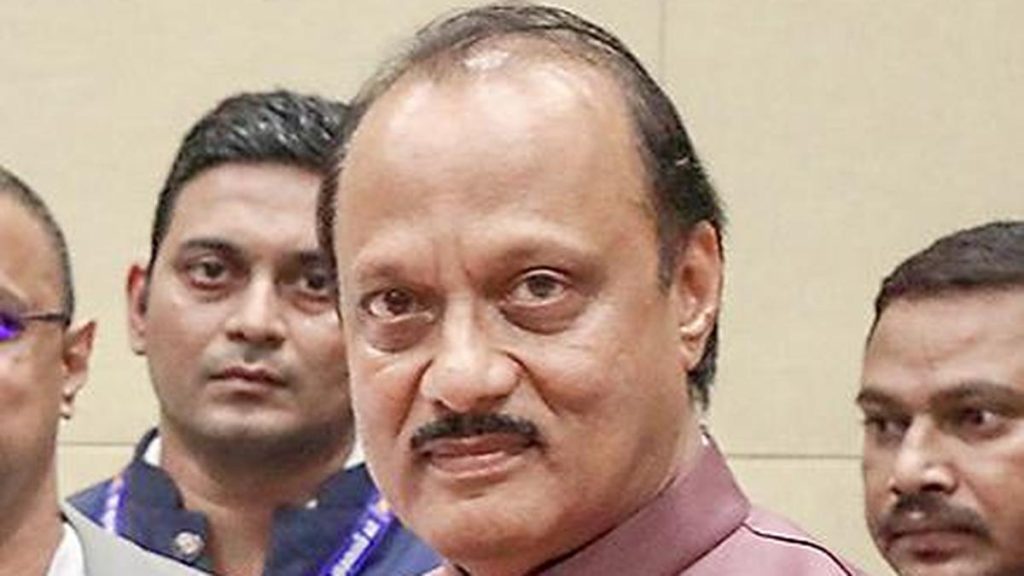Now Reading: Pinarayi Criticizes Constitution Amendment Bill as ‘Neo-Fascist Experiment
-
01
Pinarayi Criticizes Constitution Amendment Bill as ‘Neo-Fascist Experiment
Pinarayi Criticizes Constitution Amendment Bill as ‘Neo-Fascist Experiment

Quick summary
- Chief Minister Criticism: Kerala Chief Minister Pinarayi Vijayan condemned the Constitution (130th Amendment) Bill, 2025, calling it a “neo-fascist political experiment” targeting non-BJP state governments. He claimed the BJP government aims to destabilize oppositional state governments using central investigative agencies and accused it of persecuting leaders on fabricated charges.
- Allegations Against BJP: Vijayan alleged that the Bill seeks to undermine state governments’ constitutional rights while empowering governors with veto powers over state legislatures.
- Communist Party Remarks: CPI(M) general secretary M.A. Baby branded the Bill, introduced by Home Minister Amit Shah, as “draconian,” accusing it of promoting political corruption through dictatorial threats against opposition leaders.
- Baby’s Concerns: Baby criticized provisions that purportedly allow jailing and disqualifying opposition-aligned Chief Ministers and described bringing in measures for the Prime Minister’s post under this amendment as superficial optics or “window-dressing.”
- Call for Opposition Unity: Both Vijayan and Baby urged democratic forces to oppose this legislative move, terming it authoritarian akin to an Emergency-era governance style.
Indian Opinion Analysis
The Constitution (130th Amendment) Bill has sparked meaningful debate regarding its impact on India’s federal structure and democratic framework. The allegations voiced by Pinarayi Vijayan and M.A. Baby reflect concerns about centralization of power undermining states’ autonomy-a foundational principle of India’s Constitution. Any structural shift reallocating authority from elected state bodies towards centrally appointed officials such as governors could have ripple effects across governance models within diverse states.
Critics argue that empowering governors further makes these positions subject to strategic politicization, possibly affecting trust in institutional fairness.The accusation of using investigative agencies or amendments for political coercion heightens fears over erosion of checks-and-balances fundamental to democracy.
While proponents may view tighter control mechanisms as a way to curb inefficiencies or mismanagement at the regional level,opponents contend these steps might lead toward unilateralism with adverse consequences for pluralistic politics in India.
India’s ability to maintain balance between its heterogeneous states’ interests while ensuring developmental goals is key here-any shift provoking distrust among oppositional parties may escalate confrontations at institutional levels rather than fostering cooperative federalism.
Read more here.
























